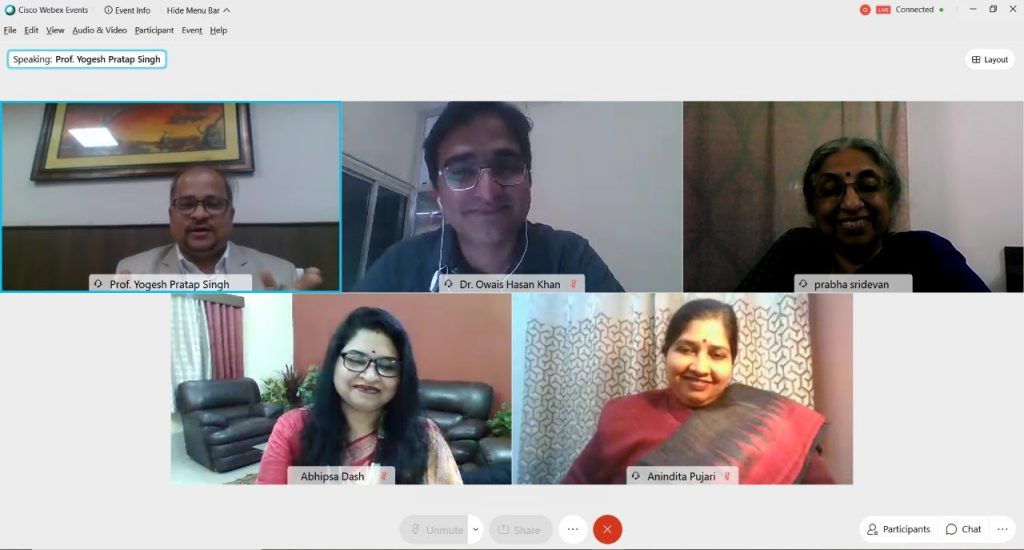
Research
Centre for Women and Law
WHO WE ARE:
The Centre for Women & Law (CWL) is a Research Centre of National Law University Odisha which works with the combined effort of faculty members and students of NLUO. The Centre was established with a view of having a platform for unremitting study of the structural, societal, legal and regulatory issues associated with gender from a multi-disciplinary perspective.
The CWL aims to look at regulatory process through the lens of gender justice, and to disseminate the research work through varied mediums such as academic publications, training programmes, webinars, government consultation projects with a view to apprise the policy, initiate change that would promote equitable justice for women in Indian society.
VISION:
The Centre envisions to undertake studies and raise awareness through holistic approach to gender issues, working towards equity and justice for all and provide a deeper legal and cultural appreciation of power imbalance. CWL operates as a research support group undertaking research projects, training and capacity building programmes for women’s organisations and formal bodies involved with the execution of laws affecting women. It also works towards dissemination of knowledge and sensitization of society through its publications, webinars and conferences.
MISSION:
The Centre has been established with the goal of promoting and encouraging research, new ideas, views, approaches, discussions and disseminating high-quality literature on issues concerning ‘women and law’. In this context, the objective of the Centre is to
- To establish, promote, and support interdisciplinary studies and research in the subject of gender justice that are at the crossroads of law and policy.
- To undertake policy review and conduct a thorough evaluation of existing legislation and propose fact-based, concrete solutions to address current public policy concerns.
- To engage in comprehensive research and capacity building on issues concerning women’s wellbeing and gender justice in India.
- To engage in an interdisciplinary research conseutude for augmenting the appreciation of legal, cultural and social issues in gender studies for law graduates and professionals.
- To improve public policy in the areas of women’s rights, education, mental health, and overall welfare by conducting independent, nonpartisan, and thorough research and analysis.
ADVISORY BOARD MEMBERS:
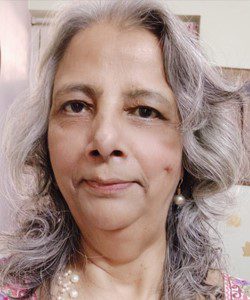
Professor (Dr.) Ved Kumari
TEAM:
FACULTY ADVISORS
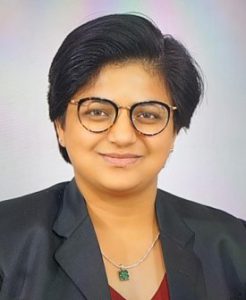
Dr. Priyanka Anand
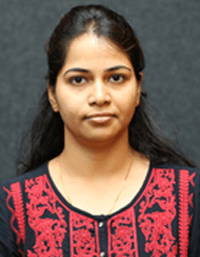
Ms. Rashmi Rekha Baug
STUDENT MEMBERS
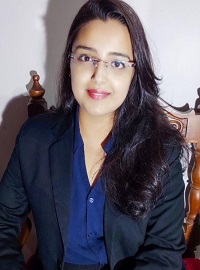 Himani Jaruhar (4th Year) |
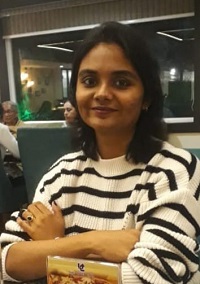 Ananya Sharma (4th Year) |
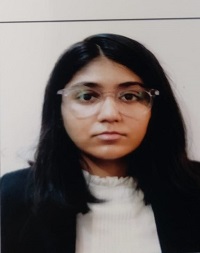 Mimansa Pujari (4th Year) |
 Aastha Mittal (3rd Year) |
 Maulsree Srivastava (2nd Year ) |
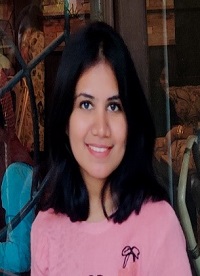 Janhavi Mahalik (2nd Year) |
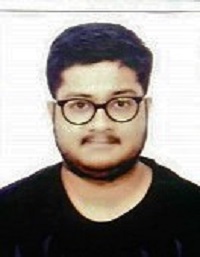 Vanshaj Parashar (2nd Year) |
 Aditi Sinha (2nd year) |
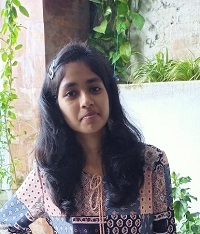 Sruti Patra (1st Year) |
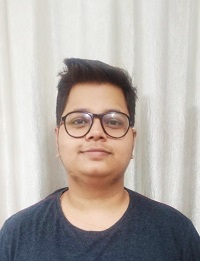 Tanmay Mishra (1st Year) |
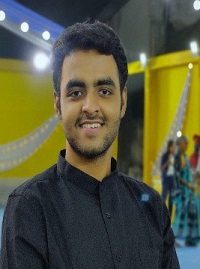 Rohan Patnaik (1st Year) |
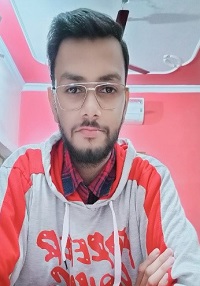 Akhil Raj (1st Year ) |
REPORT – Key Events (2016-22)
ACTIVITIES:
Activity Reports –2023
- “NCW Sponsored CWL Seminar on Challenges Faced by Sex Workers and Their Children – 6th October 2023”
- “CWL Seminar on Women in Decision Making Roles in Corporate – 15th September 2023.”
- “One-day Capacity Building Program – 4th August 2023.”
Activity Reports –2022
1. Date: 17th February 2022
Event: NCW Eastern Regional Consultation on “Review of Criminal Laws – Improvement in Status of Women”
About the Event: National Commission for Women (NCW) Eastern Regional Consultation for the states of Odisha, West Bengal, Jharkhand, Chhattisgarh and Bihar on ‘Review of Criminal Law: Improvement in Status of Women’ was organized by National Law University Odisha, Cuttack on 17 February 2022. The objective of this consultation was to review and analyze the position of law; and formulate consolidated recommendations for viable amendments keeping in view the perspective and position of women in India. This regional consultation witnessed participation from members of State Women Commissions, NGOs, members of Civil Societies, Delegates from Academia, Legal Professionals, Police Personnel and Prison Officials to give their views and opinions through deliberations in focused group discussions. The welcome address was delivered by Prof. Ved Kumari, Vice-Chancellor, National Law University Odisha, where she delineated the questions and points to be discussed during the consultation process. Ms. Rekha Sharma, Chairperson, NCW delivered the inaugural address. Dr. Usha Ramanathan, noted academician and leading human rights activist, shared her insights on ‘Looking at Criminal Law through the Lens of Women Studies’. Other notable speakers were Mr. Debi Prasad Dhal, Members, Bar Council of India, and Prof. Gangotri Chakraborty.
The consultation programme revolved around extensive discussion and deliberation on sexual offences; offences relating to marriage; cruelty by husband and his relatives; maintenance of wives, children and parents; need for modification in provisions of arrest, search and seizure, etc. among other important points. At the end of the consultation, some of the resolutions were as follows – marital rape as an exception should be deleted and should be treated as an offence. However, there were concerns on standard of proof, punishment, etc.; Section 498 of IPC (abduction of a married woman) should be repealed as regular abduction provision will be applicable; Section 498A should remain a cognizable offence; battered woman syndrome should be included under right of private defence; a sexual offenders’ registry should be maintained although with confidentiality being maintained; emphasis on speedy justice; gender neutral terms in sexual offences should be used with victims including third gender as well. There should be inclination towards rehabilitation and restorative justice as well. The participants of the consultation programme also emphasized on strengthening existing support systems under criminal law, and better implementation of existing laws rather than adding or creating more laws and provisions.
2. Date: 5th February 2022
Event: Workshop on ‘Anti-Sexual Harassment Law and Policy”
About the event: Workshop on Sexual Harassment Law and Policy
On 5th February, 2022, the Centre for Women and Law at National Law University, Odisha organized a workshop on Anti- Sexual Harassment Law and Policy with special emphasis on the working of Internal Complaints Committees (ICCs) and Local Complaints Committees (LCCs), and to educate the participants about the working knowledge of the Sexual Harassment Act, 2013. National Law University Odisha has adopted a zero-tolerance policy towards any kind of sexual harassment and strives to create a community in which students, teachers and non-teaching staff can work together in an environment free of all forms of gender violence, harassment, exploitation, intimidation and discrimination.
Objectives of the Workshop
The purpose of this workshop was to bring together a variety of stakeholders including members of the Gender Sensitization Committee (GSICC), the Supreme Court of India, members of the Internal Complaints Committees (ICCs), and staff and students at NLUO. Its primary purpose was to,
- to educate the participants about the issue of the workplace sexual harassment of women,
- to impart working knowledge of the Sexual Harassment Act, 2013,
- to help them to understand the legal position on the topic and how to handle sexual harassment complaints.
- to familiarize them with the structure and operation of GSICCs and ICCs,
- to detail the procedure that the GSICC and ICCs will follow when dealing with such complaints,
- to ensure that faculty, staff, and students understand the mandatory provisions of the Sexual Harassment Act in order to foster a positive work environment and society at large.
The agenda began with the brief about the training workshop from Dr Prianka Anand, faculty advisor for Center of Women and Law, National Law University, Odisha. She introduced the guest speakers for the workshop, addressed the participants and explained the objectives of the workshop stressing on the need to create and maintain an environment in the campus which is free of all forms of harassment. She also talked about NLUO’s zero tolerance policy for any kind of sexual harassment.
The first training session began with Dr. Anindita Pujari, Advocate on Record; Member, Gender Sensitization Committee (GSICC), Supreme Court of India. A feminist social activist, who is currently the General Secretary of the Bar Association of India, she is a prolific writer, with an immense body of work to her credit and a practicing lawyer involved in a number of supreme court landmark cases involving among other constitutional issues, the relationship between the judiciary and the executive and gender issues.
Dr Pujari, started her session with a presentation on Sexual Harassment Act 2013 and tracing a detailed history of the Vishakha guidelines. She explained to the participants the difference between Harassment and Sexual Harassment, and talked about the absence of any available legal definition in the Indian context. While citing several cases of the Supreme Court, she explained, that in her experience, in a court of Justice, difference lies in fact and circumstances of every case, as at times the same facts may mean different things in different situations. While discussing this difference, she explained, that in context of a university, ragging may be harassment, however it will not amount to sexual harassment.
In her session she also covered in detail, section 354A, IPC (added by Criminal Law Amendment 2013) and the (POSH) Act, 2013- section 2(n); section 3. She expounded upon the legal definition of a workplace, and how it should also cover Virtual spaces, in the present era.
Relying on observations made by Justice Jagdesh Singh Khehar, in a 2015 Supreme Court case she explained that the definition of harassment is specific to the sensitivity of particular individuals.
She concluded her session expounding upon the specific regulations of National Law University Odisha, and how they are a brilliant reflection of the guidelines provided by the University Grants Commission.
The next session, in the workshop was taken by Ms. Clara D’Souza, a feminist social activist who has worked extensively with Majlis, Legal centre, Mumbai, and Human Rights Law Network (HRLN) Delhi and Cuttack for preventing and combating Human Trafficking in Odisha. Presently she is associated with Balasore Social Service Society. She has to her credit the judgement of HC of Orissa on Transgenders live-in -relationship.
In her session, she dealt not just with the legal issues involved, but rather stressed on the social aspect of Sexual Harassment, she explained that harassment in the workplace, or in the campus, can be the cause of lasting psychological and social after-effects among the victims. Combatting sexual harassment with legislations is not the silver bullet; we must also look beyond its legal aspects, at the very roots and find ways of changing male-female occupational relationships, additionally we must provide support to victims of sexual harassment. Furthermore, she emphasized on the fact that Gender Sensitization as a term is often misunderstood and unlike the traditional stigma of binary gender theory, self-determination of person is an integral part of human existence. Subsequently, she also covered the issue of ‘Online Abuse’ and expounded upon the legal definitions of cyber harassment and cyber sexual harassment and the growing need for addressing these issues in the present era. She concluded her session emphasizing on the fact that gender equality should no longer be a question of reinforcing a right but should rather be perceived as a way of life.
The 3 rd Speaker for the session was Ms Dharitri Patnaik, a social worker with over two decades of experience working with some of the most vulnerable sections of the society. Apart from being the founder of initiatives like the ‘Humara Bachpan Trust’ and SAMBHAVI, she has worked extensively with global institutions like UNICEF, ActionAid International, CARE USA, UN Women, Water Health and Bernard van Leer Foundation globally.
Ms Patnaik, talked about the government initiative “SHe- box” in detail with the participants. She explained that ‘SHe-box’ is sexual harassment electronic box which is hosted on the website of the Women and Child Development Ministry. This initiative by the government also seeks to ensure “effective implementation” of the Sexual Harassment of Women at Workplace (Prevention, Prohibition and Redressal) Act, 2013. Once a complaint is submitted to the ‘SHe- Box’, it will be directly sent to the internal complaints committee (ICC) of the ministry/department/PSU/autonomous body etc concerned, having jurisdiction to inquire into the matter. Subsequently, the ICC will take action as prescribed under the Act and update the status of the complaint. The portal is also an effort to provide “speedier remedy” to women facing sexual harassment at the workplace, as envisaged under the sexual harassment Act.
She emphasised on the functioning and responsibilities of the Internal Compliant Committee and the need to ensure confidentiality and the requirement for more training and awareness sessions to be conducted in the college campuses. She discussed in detail about certain physical acts that can be construed as Sexual Harassment.
The participants were then addressed by Prof ( Dr) Ved Kumari, Hon’ble Vice- Chancellor, NLUO, she expounded upon the guidelines of the University Grant Commission and discussed in detail about the mechanism of Redressal and the working of the Internal Complaints Committee at NLUO. She stressed on the need to create and maintain a community in which students, teachers and the non-teaching staff can work together in an environment free of all forms of gender violence, harassment, exploitation, intimidation and discrimination. Her address was followed by an intellectually stimulating discussion which saw enthusiastic participation from numerous students, faculty members and student members of the ICC, questions were also addressed to the resource persons.
The workshop on Anti- Sexual Harassment Law and Policy with special emphasis on the working of Internal Complaints Committees (ICCs) and Local Complaints Committees (LCCs) and an objective to impart the working knowledge of the Sexual Harassment Act, 2013, was concluded successfully with active participation by all the stakeholders. The vote of thanks was given by Prof (Dr) Yogesh Pratap Singh, Registrar, NLUO, who addressed the gathering and appreciated the inputs from all the participants as well as the resource persons. He discussed the importance of the workshop not only in terms of training about the procedure to be followed but in creating victim friendly approach while handling such issues and thanked the guest speakers for taking out the time and making the workshop a successful event.
PUBLICATIONS:
- Date: 2021
- Publication: An edited volume with a multi-disciplinary approach on “Socio-legal Androcentric and Gender Inequalities”
About the book: The Center for Women and Law at National Law University Odisha is coming with an edited volume with a multidisciplinary approach on “Socio-legal androcentric and gender Inequalities”. The book is a proud attempt aimed at the metanarrative of patriarchy which reduces the status of the female gender to the ‘second sex’ and hinges her existence relative to men. A series of articles published in this volume authored by legal scholars, academicians, and students from all over the country explore various socio-legal themes in the Indian Societal Structure, for instance, Customary practices and Gender discrimination, gender stereotypes, and their impact on the socio-legal perception of Gender, Property/succession law and gender concerns and Gender concerns and LGBTQIA. The book is likely to be published with joint collaboration of CWL, NLUO and Eastern Book Company (EBC) and would be available by the end of July, 2021.
- Date: 2018
- Publication: An edited Volume on Social -Legal Status of Unwed Mothers: Issues, Challenges, and Way Ahead.
About the book: The Centre along with some senior faculty members was involved in the publication of an edited volume of ‘Socio-Legal Status of Unwed Mothers: Issues, Challenges, and Way Ahead’ in 2018. The book’s aim is to play a constructive role in shaping discussions in this subject area and encourage views and debate on related issues. The Centre received ideas, opinions, views, comments in the form of articles, case comments from celebrated scholars, lawyers, and students all over India on issues like Socio Legal Dimensions of Women in Live- In Relationship, Contemporary Overlook on Socio-Economic Stigmatization of Unwed Mothers, Judicial Trends on The Status of Unwed Mothers, Portrayal of Unwed Motherhood in Bollywood, Surrogacy and Proposed Legal Framework on Surrogacy and the like. It is one of its kind and can be referred by students, lawyers, academics, academicians and others.
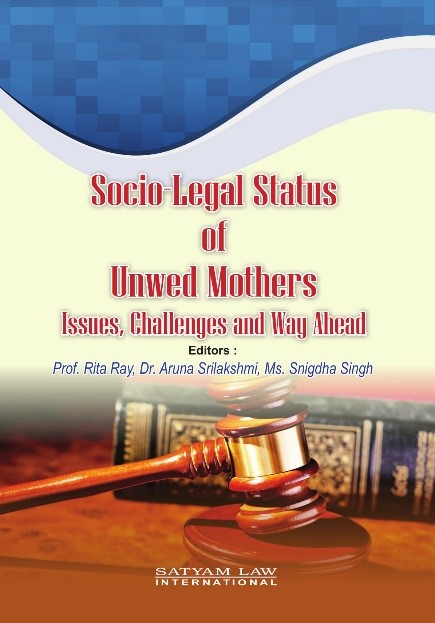
CONTACT US: cwl@nluo.ac.in
PHOTO GALLERY:
